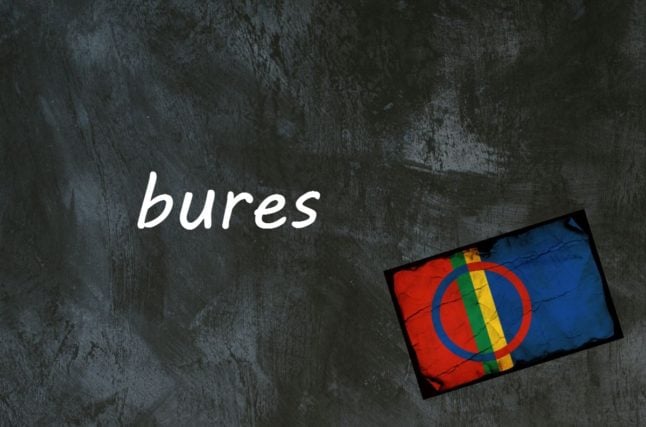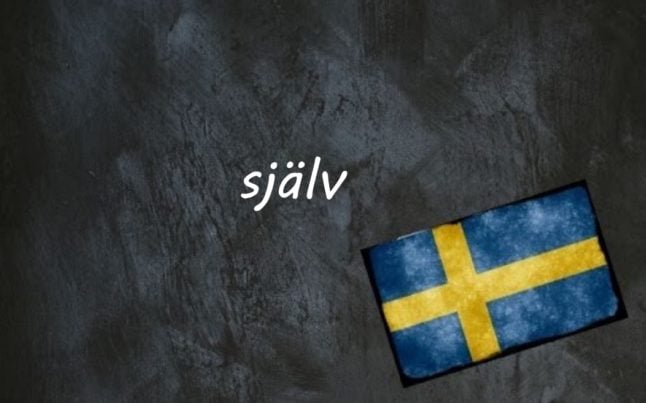February 6th marks Sami national day, so we’ve chosen a Sami word for today’s word of the day to mark the occasion.
The Sami are the indigenous people of Sápmi, a region spanning the northernmost areas of Norway, Sweden and Finland, as well as the Kola peninsula in Russia. The Sami language is not technically one language, rather nine, with different variants of the Sami language spoken in different parts of Sápmi. These variants are considered to be mutually intelligible, similar to the relationship between Swedish, Danish and Norwegian.
The Sami languages belong to the Finno-Ugric language group, along with Finnish, Estonian, Karelian, Hungarian and a number of smaller languages spoken in Russia.
Unlike Swedish, Sami has many cases – eight in Lule Sami and Northern Sami – and is a highly inflected language, meaning that the form or ending of words changes depending on how they are used in a sentence.
- Don’t miss any of our Swedish words and expressions of the day by downloading The Local’s new app (available on Apple and Android) and then selecting the Swedish Word of the Day in your Notification options via the User button
Today’s word of the day, in Northern Sami, is bures.
Bures is both an adverb meaning well or good, as well as the word for hello, and is used in the phrase bures boahtin (welcome, literally ‘good arrival’).
Bures originally comes from the adjective buorre, also meaning good, which you will see in time-based greetings like buorre beaivi (good day), buorre eahket (good evening), buorre iđit (good morning) and buorre idjá (good night). You’ll also see it in seasonal phrases such as Buorit Juovllat ja Buorre Ođđa Jahki (Merry Christmas and a Happy New Year), and buorit beassážat (happy Easter).
You might expect that it would also be used when wishing someone a happy Sami national day, but the word lihkku is used here instead. Lihkku is a word meaning luck or fortune, loaned into Northern Sami via Finnish lykky, which in turn loaned it from Swedish lycka, meaning luck.
If you wanted to wish someone a happy Sami national day, you would say lihkku sámi álbmotbeivviin. Álbmot here means a people, nation or group, and beivviin is the conjugated form of beaivi, the word for day or sun.
If you want to learn more about the Sami languages, there are more resources (in Swedish) on the website of the Sami Parliament, sametinget.se.
Example sentences:
Bures! Mo dat manná?
Hello! How are you?
Dat manná bures, giitu.
I’m doing well, thanks.
Villa, Volvo, Vovve: The Local’s Word Guide to Swedish Life, written by The Local’s journalists, is available to order. Head to lysforlag.com/vvv to read more about it. It is also possible to buy your copy from Amazon US, Amazon UK, Bokus or Adlibris.



 Please whitelist us to continue reading.
Please whitelist us to continue reading.
Member comments